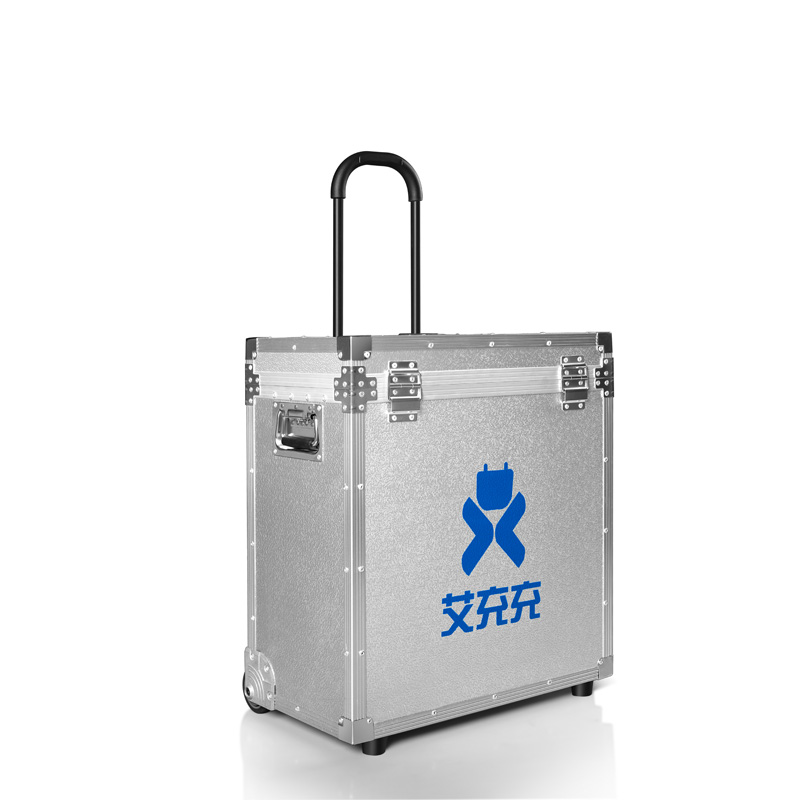
Dec . 06, 2024 02:58 Back to list
Optimal Home Power Solutions for Reliable AC and DC Electricity Supply
High-Quality Home Power Supply AC or DC?
In the pursuit of creating a comfortable and efficient living environment, the quality of the power supply we utilize in our homes is often overlooked. While most people are aware of the basic differences between alternating current (AC) and direct current (DC), the choice between the two can significantly impact the performance of our electronic devices, appliances, and overall energy consumption. This article aims to explore the characteristics, advantages, and considerations of high-quality home power supply options, focusing on AC and DC systems.
Understanding AC and DC
The primary distinction between AC and DC lies in the direction of the current flow. AC electricity alternates its direction periodically, making it the most common type of electricity supplied to homes worldwide. It operates at different voltages and frequencies depending on the region; for instance, the United States typically uses 120 volts at 60 hertz, while many European countries operate at 230 volts at 50 hertz. On the other hand, DC electricity flows in a constant direction, providing a steady voltage. It is commonly found in battery-operated devices, electronic circuits, and renewable energy systems.
The Case for AC Power Supply
One of the main advantages of AC power supply in residential settings is its ability to be easily transformed to higher or lower voltages using transformers. This feature allows for efficient long-distance transmission of electricity, minimizing energy loss. Additionally, AC power is typically used for heavy-duty appliances such as refrigerators, washing machines, and air conditioners, which require significant power to operate effectively.
Moreover, the infrastructure for AC power supply is well-established, with most homes already connected to the grid, making it the more convenient choice for everyday electricity needs. AC systems also support a variety of devices, from lighting fixtures to complex home entertainment systems, making them highly versatile for modern living.
The Benefits of DC Power Supply
In contrast, DC power supply has gained traction, particularly with the rise of renewable energy technologies like solar power. Solar panels generate electricity in the form of DC, which can be directly used to power DC appliances or stored in batteries for later use. This ability to store energy is vital for off-grid living and can significantly enhance a home's energy efficiency.
high quality home power supply ac or dc

Furthermore, many devices, such as laptops, smartphones, and LED lighting, operate more efficiently on DC power. Using DC directly can lead to reduced energy waste, resulting in lower electricity bills and a reduced carbon footprint. With the growth of smart homes and the Internet of Things (IoT), the integration of DC systems is becoming increasingly viable.
Considerations for Choosing Between AC and DC
When deciding between AC and DC power supply for your home, several factors should be taken into account
1. Equipment Compatibility Ensure that the appliances and devices you plan to use are compatible with the type of power supply available in your home. Most household devices are designed for AC, but DC-powered alternatives are becoming more popular.
2. Energy Efficiency Consider the efficiency of your energy sources. If you have solar panels installed, a DC system may offer better efficiency through direct usage and battery storage options.
3. Installation Costs The cost of converting a home from AC to DC power, or vice versa, can be substantial. Evaluate your budget and the potential return on investment before making any changes.
4. Future Scalability As technology evolves and the push for renewable energy grows, homes may benefit from being equipped for both AC and DC systems. A hybrid approach could provide the best of both worlds while promoting energy independence.
Conclusion
The choice between AC and DC power supply for your home is not merely a technical decision; it reflects broader considerations regarding convenience, efficiency, and sustainability. While AC remains the dominant system due to its compatibility and ease of use, the rise of DC in renewable energy and advanced electronics presents exciting opportunities for homeowners. As technology continues to evolve, investing in a high-quality power supply that meets your unique needs will ensure a brighter, more energy-efficient future.
-
AI-Powered EMS with GPT-4-Turbo | Efficiency Boost
NewsAug.01,2025
-
Optimized Storage System for GPT-4-Turbo | High Performance
NewsJul.31,2025
-
AI Energy Management System w/ GPT-4 Turbo Efficiency
NewsJul.31,2025
-
High-Performance Energy Storage System for Reliable Power Solutions
NewsJul.30,2025
-
Advanced EMS Solutions for Energy Management System & Storage Battery Companies
NewsJul.29,2025
-
Intelligent Energy Management for Homes - Efficient Storage Solutions
NewsJul.29,2025























